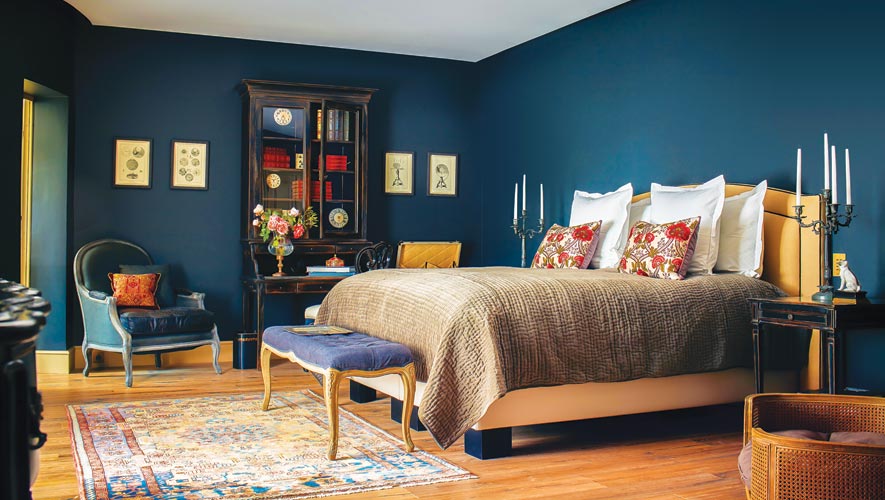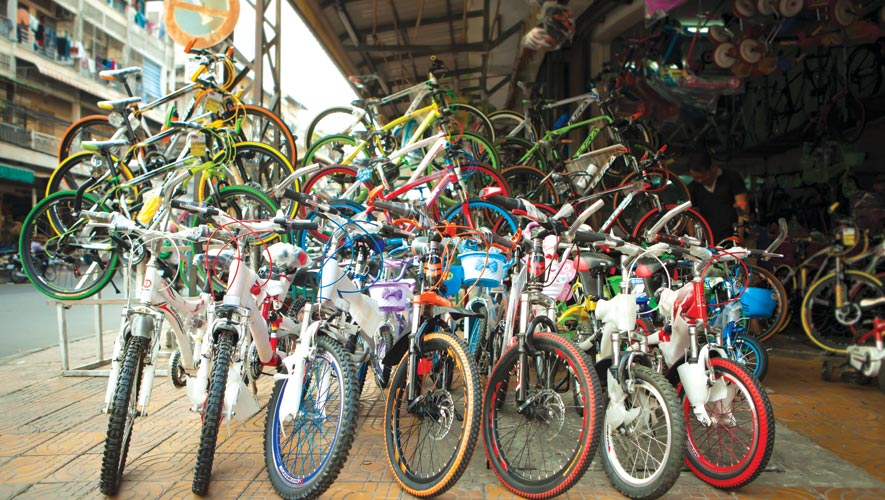Although the impact is still minimal, hoteliers want tax streamlined and regulated
For the latest Cambodian Business news, visit Khmer Times Business
In the last 10 years since its establishment, Airbnb Inc has changed the business model of the hospitality sector. On its own, the home-lodging app has garnered a huge following globally among its contemporaries. Travellers see it as a gateway to experience the local scene in home settings in any country.
Around the world today, 79 percent of all guests who book via Airbnb claim they want to live like a local when travelling. As the future of travel intertwines with the health and sustainability of local tourism, Airbnb believes that they would attract different types of travellers who seek local and authentic lodgings on a fairly reasonable budget.
In Cambodia, Airbnb data suggests that higher number of travellers from around the world turn to Airbnb accommodation when visiting. Cambodia has hosted more than 74,000 guests in the past 12 months. Some 40 percent of them were from Asia, 29 percent Europe while 23 percent of tourists arrived from North America.
Due to its popularity, the disruptive technology has moved a number of governments to draw up taxation mechanisms to ensure fair contribution while raising government revenue.
In Cambodia, a thin veil of annoyance can be felt among hoteliers who are wary of Airbnb’s growing presence while citing lack of tax regulations on the app particularly home owners who rent their units to vacationers.
The issue revolves around the platform’s low operating cost, and that holiday rental homes are not regulated by the government. To top that, hoteliers in Siem Reap worry about the glut in hotel accommodation and its impact on the sector especially smaller hotels.
Having said that, boutique hotel owner Tony Levis claims to be unaffected with the shift in travellers’ taste.
“It is because Airbnb does not have much to offer to guests. We have a pool, restaurant, bar, and security and transportation which most Airbnb users don’t enjoy,” says Levis.
He however, stresses that like other hospitality players in the market, Airbnb should be part of the tax landscape where it also contributes 12 percent tax to the government.

When asked, Tourism Ministry spokesman Top Sopheak briefly said that discussions on relevant taxes and regulations relating to sharing economy have started with the Economy and Finance Ministry.
Airbnb, condo units
The rise of condominiums in the capital does not bode well with hospitality players in the market. Foreign investors are buying condominiums and listing them on the Airbnb platform. For instance, American tourist Keyaria Crider recently booked a condo unit via Airbnb for her upcoming stay in Phnom Penh where she would spend her days within a luxurious setting at The Bridge.
At 45-storeys, The Bridge development in the Tonle Bassac district of Phnom Penh, is the country’s tallest high-rise apartment complex. It is owned by Oxley-Worldbridge (Cambodia) Co Ltd, a local property management company jointly formed by Singapore-based Oxley Holdings Ltd and Worldbridge Land (Cambodia) Co Ltd. While the company describes the two-building complex as “half condo and half office”, on AirBnb and other sites it is advertised as a hotel.
Down the road from The Bridge at the Skylar apartments, condos are openly advertised on sites like AirBnb, Agoda and rentbyowner.com. A 52 square metre loft at Skylar, for example, costs $29 per night.
While there is nothing illegal about the practice, it is vexing some hotel owners and other condo tenants who actually live in their condos full time. And as condo development continues to increase, the trend is expected to continue.
“The Bridge is a mixture of service apartments which are preferred to be long term (six to 12 months), but possibly due to vacancy, these can be leased out on a short-term basis … more like a hotel,” says Dan Davies, director of property management at CB Richard Ellis (Cambodia) Co Ltd (CBRE Cambodia).
“I’m not sure if these are official or licensed but if you go on Agoda.com there are two or three ‘hotels’ that come up and they happen to have the same name as a travel company on the ground floor,” he adds.
Davies says most of The Bridge units would have been sold offshore to Singaporean and Chinese investors. “I think the general consensus is that it has turned into a short-term hotel for casino tourists where you stay for $28 a night,” he alleges.

Although there are not many co-owned buildings, the supply is on the rise. “This could be seen as an issue in the future especially if sold offshore. However, if the influx of residents and businesses from China happens as predicted, then supply could be absorbed.”
Grant Fitzgerald, owner of IPS Cambodia, a real estate firm that currently manages 12 properties on AirBnb, says that for offshore Chinese investors who buy units in Phnom Penh or Sihanoukville “it can be quite lucrative when compared to long-term rentals”.
“Most of the units were purchased by Singaporeans as an investment property with a guaranteed rate of return. We have done very few long-term rentals there — only one apartment from memory.”
Condo supply increases
Almost 32,000 new condo units are expected in Phnom Penh in 2019. A second quarter report released this month by CBRE Cambodia reveals that in the first six months of the year, eight developments have been completed and 13 more have been launched for a total of 16,658 units. CBRE forecasts that “rents will continue to face downward pressure, especially in secondary locations.”
In the high-end sector there has been a 2.8 percent upward adjustment from the fourth quarter of 2018.
CBRE’s Davies says the trend of renting out those high-end condos is on the rise. “The hotel sector doesn’t like this especially if there are lots of units all in one building,” he says.




